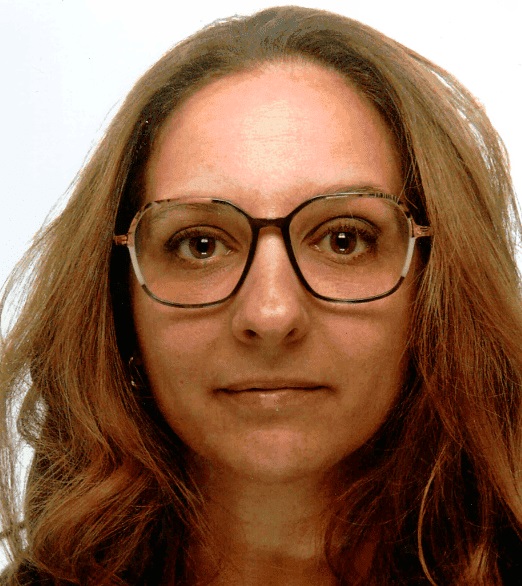2020 GEI annual conference - In education we trust
Date : du 10-12-2020 au 10-12-2020
Appel à communications ouvert jusqu'au : 30-11-2020
Lieu : à distance
Modalité : intégralement à distance
Organisation : Georg Eckert Institute (GEI)
Programme :
Trust is a basic condition – or more precisely an underlying condition – of human coexistence and yet one of its defining characteristics is that it usually remains implicit or latent, as something apparently taken for granted. As soon as trust is explicitly addressed in institutional contexts or in interpersonal relationships, the suspicion may arise that trust itself is lacking.
In today’s modern society, frequently described as a (digital) knowledge and information society, trust seems to be both an indispensable requirement and a fundamental challenge. This is manifest in the prevalence of buzzwords such as ‘fake news’ or ‘fake science’ in current social debates on the undermining of trust in politics, (social) mass media, science, academia and economics as well as in institutions and organisations. On another level, beyond this primarily content-related dimension, trust is also becoming increasingly socially significant in terms of technical and digital infrastructure.
The GEI’s 2020 conference seeks to further a relatively new debate within education research. Different (trans)disciplinary perspectives on the manifold dimensions of trust within school education and educational media will be brought together in order to illuminate the varying meanings and potentially conflicting assessments of trust – such as, for example, ‘necessary trust’ or ‘blind trust’ – as well as its perceived contingency or absence.
We welcome papers on the conference theme that focus particularly on the following topics:
1. Trust in schools and educational media for schools as state-approved examples of socialisation and knowledge transfer. This refers to the central institutions of school education as well as the actions and experiences of agents and subjects.
2. Trust in knowledge disseminated through school education and educational media. This questions trust as a discursive resource for self-assurance and self-assertion (also in relation to others or to external agency) – whether related to knowledge accepted as having a scientific basis, implicitly accepted and socialised conventions, and traditional world views or in the sense of convictions justified by religious belief or ideology.
3. Trust in the context of the appropriation or reception of education in schools and educational media. In addition to addressing the different ways in which school knowledge is appropriated, papers on this topic should explore the diverse processes of knowledge authorisation, legitimisation and delegitimisation, relating to the competing agents and media forms used in the dissemination of knowledge and acquisition of information.
4. Trust in the control, evaluation and quality assurance of the education process and educational media. The challenges presented by (post-)digitality and datafication in schools are a key element of this.
5. Trust in research, its processes and findings. This refers to the infrastructures used in research and the data obtained, the validity of findings and of their publication and dissemination.
Deadline for submission: 30/11/2019
URL : http://www.gei.de/.../trust.html
• enregistrement vidéo : https://www.youtube.com/.../watch?v=Q4VnkqpKyFY&feature=youtu.be
mot(s) clé(s) : climat scolaire














